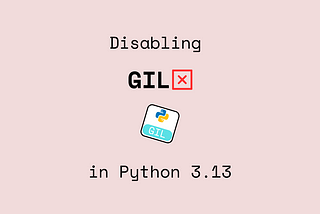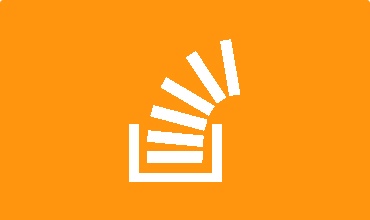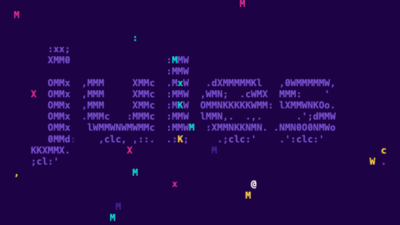
Google's decision to deprecate Manifest V2 extensions in Chrome represents more than just a technical update—it's a fundamental shift in how users can control their web browsing experience. With the transition to Manifest V3 scheduled for next month, popular ad-blocking extensions like uBlock Origin face significant limitations that have sparked a developer and user revolt.
Understanding the Manifest V3 Controversy
Manifest V3 introduces substantial restrictions on extension capabilities, particularly around network request modification. While Google frames this as a security and performance enhancement, the changes effectively neuter the power of content-blocking extensions. The new declarativeNetRequest API limits extensions to 30,000 rules and removes the ability to dynamically modify network requests—capabilities that made extensions like uBlock Origin so effective.
The Developer Perspective
The web development community views this transition as a significant reduction in extension capabilities. Custom extensions that previously could modify any aspect of page loading or network behavior now face substantial constraints. This limitation extends beyond ad-blocking to affect debugging tools, privacy extensions, and accessibility aids that developers rely on daily.
The power to intercept and modify network requests has been fundamental to creating robust web extensions. Removing this capability doesn't just affect ad-blockers—it impacts the entire ecosystem of browser customization that has made Chrome attractive to power users and developers.
The Great Browser Migration
The Manifest V3 controversy has accelerated a notable shift in browser preferences among tech-savvy users. Firefox, which continues to support Manifest V2 extensions, has become the primary beneficiary of this migration. The browser's renewed focus on privacy and user agency aligns well with users seeking alternatives to Chrome's increasingly restrictive approach.
Alternative Solutions Emerging
Several workarounds and alternatives are gaining traction:
-
Browser-level ad blocking: Browsers like Brave integrate ad-blocking directly into the browser engine, bypassing extension limitations entirely.
-
Network-level blocking: Pi-hole and similar DNS-based solutions provide ad-blocking at the network level, though with less granular control than browser extensions.
-
Enterprise policies: Temporary solutions using Chrome's enterprise policies can extend Manifest V2 support until June 2025, though this requires technical configuration.
-
uBlock Origin Lite: A compromised version that works within Manifest V3 constraints, though with reduced effectiveness.
The Broader Implications
This transition reflects a larger tension between platform control and user agency. Google's position as both the dominant browser provider and the largest digital advertising company creates an inherent conflict of interest. The company's revenue model depends on advertising visibility, while users increasingly demand tools to control their browsing experience.
The technical limitations of Manifest V3 aren't arbitrary—they serve Google's business interests by making effective ad-blocking more difficult while maintaining a veneer of supporting user choice through limited alternatives.
Looking Forward: The Browser Landscape in 2024
The Manifest V3 transition marks a potential inflection point in browser market dynamics. For the first time in years, Chrome's dominance faces a meaningful challenge not from performance or features, but from fundamental philosophical differences about user control.
Developers and power users are increasingly viewing browser choice through the lens of extension capabilities and user agency. This shift could reshape the competitive landscape, particularly as privacy concerns continue to grow among mainstream users.
Conclusion
The death of powerful extensions in Chrome isn't just a technical change—it's a statement about the future of web browsing. As Google prioritizes security and business interests over user customization, the developer community is voting with their downloads, migrating to browsers that still respect user choice.
For web developers and tech professionals, the message is clear: the tools that make the web bearable—ad-blockers, privacy extensions, and debugging aids—are no longer guaranteed. The browser you choose today determines the level of control you'll have over your digital experience tomorrow. Choose wisely.







